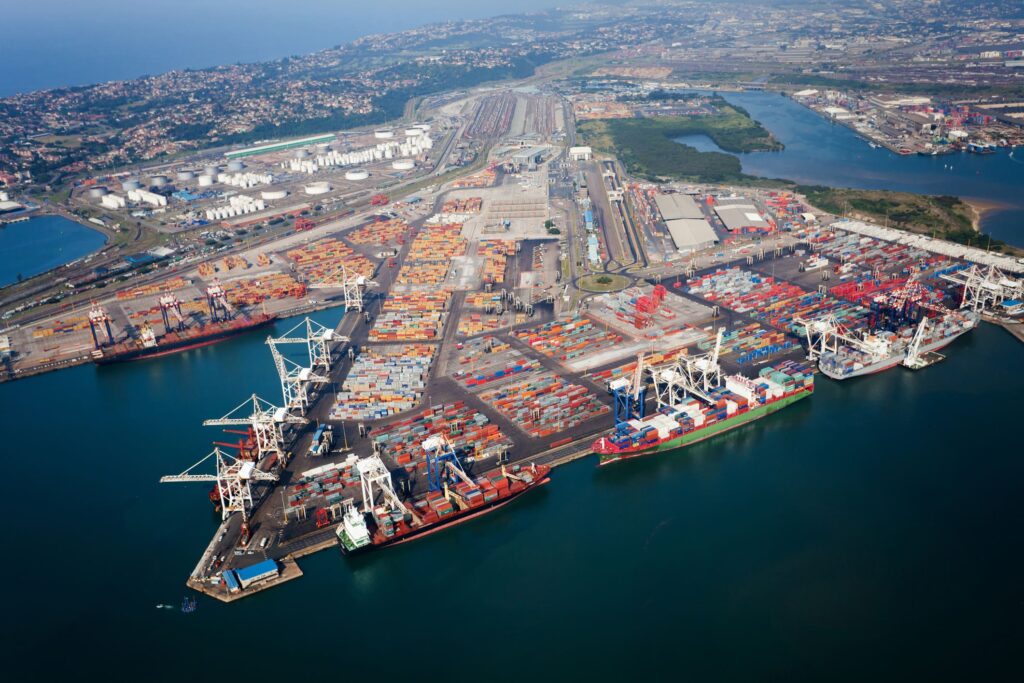- Last year, companies in the GCC announced 73 foreign direct investment projects in Africa worth more than $53 billon.
- This new economic partnership between the Gulf countries and Africa is expected to grow in value, thanks in part to the Africa Continental Free Trade Area.
- African leaders are among those attending this week’s Special Meeting on Global Collaboration, Growth and Energy for Development.
This week, Bola Tinubu, the President of Nigeria, Paul Kagame, the President of Rwanda, and over 35 ministers from across Africa participated in the Special Meeting on Global Collaboration, Growth, and Energy for Development in Riyadh.
The emerging economic relations between Africa and the Gulf Cooperation Council (GCC) — namely the UAE, Saudi Arabia, Qatar, Kuwait, Bahrain and Oman — are poised for significant growth, driven by mutual interests in diversification, investment and sustainable development. More pointedly, last year, companies in the GCC announced 73 Foreign Direct Investment (FDI) projects in Africa worth more than $53 billion.
The growing Africa-GCC economic partnership, shaped by geographical proximity, is focused on addressing critical issues such as food security, the energy transition and infrastructure development.
Africa and the Gulf: An emerging economic partnership
Over the last decade GCC countries have collectively invested over $100 billion in Africa. The UAE has invested $59.4 billion. Saudi Arabia and Qatar have invested $25.6 billion and $7.2 billion respectively. Notably, during this period, the UAE has been the fourth largest foreign direct investor in Africa, behind China, the EU and the United States.
For example, in March, International Holding Company, an Emirati company, purchased a 51% stake in Zambia’s Mopani Copper Mines. In January, the government of Saudi Arabia signed deals with four African countries to explore mining partnerships, and in 2020 Qatar Airways invested $1.3 billion to acquire 49% of RwandAir and a 60% stake in the Bugesera International Airport, which has been under construction since 2017.
These investments and partnerships are timely and much needed. According to Africa Finance Corporation, Africa has a $150 billion infrastructure funding gap, and UNCTAD’s World Investment Report concluded that FDI flows to Africa declined to $45 billion in 2022 from the record $80 billion set in 2021.
Moreover, China’s investments and loans in Africa have shown a notable decline in recent years. This shift is attributed to various factors including China’s own economic challenges and shifting priorities towards more sustainable development models. Consequently, total new loan commitments in 2022 were only $995.5 million compared to a high of $28.5 billion in 2016.
A new era for trade and investment
During the last decade, the sum of imports and exports between UAE and sub-Saharan Africa increase by over 30%, and trade between Saudi Arabia and sub-Saharan Africa is now 12 times the value it was a decade ago.
The Africa Continental Free Trade Area (AfCFTA) will accelerate this trend by offering GCC companies access to a larger, unified African market. Officially launched in 2021, the African Continental Free Trade Area (AfCFTA) creates a single market projected to grow to 1.7 billion people and $6.7 trillion in consumer and business spending by 2030. The preferential trade agreement will increase international exports and intra-African trade, unlocking tremendous opportunities for local and global businesses to enter into and expand throughout new markets across the continent.
In May 2022, the World Economic Forum launched the Forum Friends of the Africa Continental Free Trade Area: an initiative aimed at mobilizing the private sector to the support the implementation of the AfCFTA agreement through public-private collaboration. Companies from the GCC region have actively contributed to this initiative under the private sector action plan for the AfCFTA.
For example, DP World, an Emirati multinational logistics company, is investing $80 million into a mega logistics park spread over 300,000 square metres in Sokhna, Egypt, in an agreement with Egypt’s Suez Canal Economic Zone. The company has also signed a 30-year contract to upgrade and operate part of Tanzania’s Dar es Salaam port.
Similarly, to address challenges facing international companies entering the African market, Agility, a Kuwait-based global logistics company, is campaigning to inspire FDI and multinational access to the African market. It aims to enable FDI, increase trade volumes and build confidence from other investors by working through local logistics providers.
As a next step, during the Special Meeting this week, the Forum will launch a partnership with the government of Saudi Arabia to support the work of the Forum Friends of the Africa Continental Free Trade Area, and the broader trade and investment work of the Forum in Africa.
As both regions navigate global economic shifts, within the context of de-risking strategies (the process of managing the vulnerabilities generated by an interdependent world), the Africa-GCC partnership is expected to deepen, marked by increased investments, trade and joint ventures, contributing to economic resilience and growth.
This article was originally sourced from World Economic Forum

